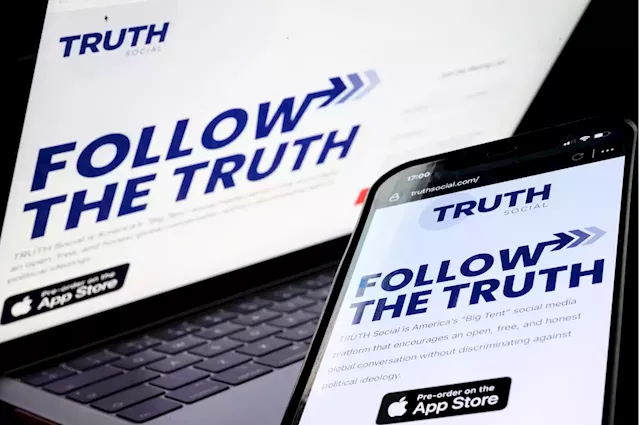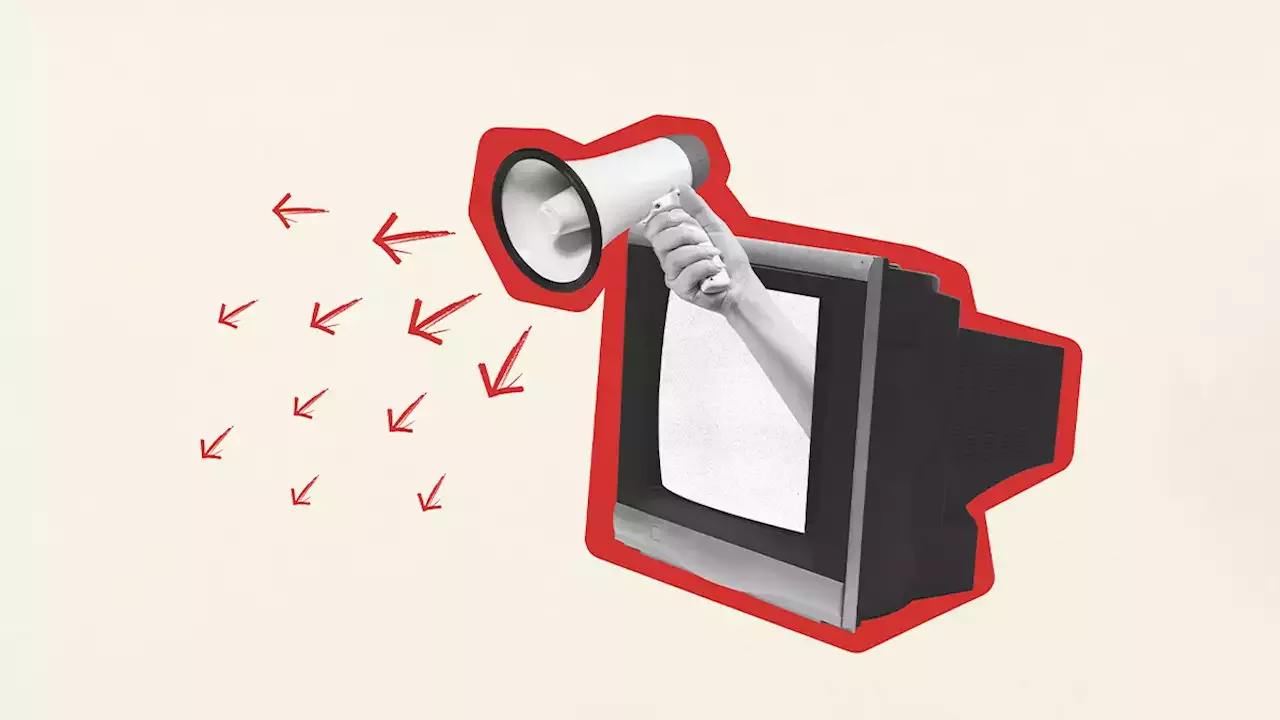that the court of public opinion creates a reputational cost to working with governments or business partners that may have committed human rights abuses. These financial motivations are sometimes implicitly treated as a stand-in for other mechanisms — such as legal requirements — to ensure that businesses respect human rights.
To explore how the public judges different kinds of involvement in human rights violations, we asked 2,420 American adults to react to a series of hypothetical situations, yielding a total of more than 12,000 responses . All the scenarios we used would be considered unacceptable according to the United Nations’ widely recognized, and yet we found that 40% of the time, the participants in our study felt that the business had not been involved in a human rights violation.
This effect was even more pronounced if the perpetrator was a government entity.
For example, one respondent judged a company implicated in the contamination of a community’s land as not being involved in a human rights violation because they felt that the incident was “not crossing any major lines.” Similarly, another stated that “destroying a sacred site does not involve human rights,” despite the fact that this clearly violates well-established standards for cultural and indigenous rights. And even opinions that lined up with legal standards often were not framed as such.
Legal guide lines to frame public perception seems trying to hold the wind with a fishnet. Individual self is so unpredictable which is the building block of public openion.
No they won't. Unfortunately, there is a lack of transparency - especially with smaller / mid size companies. Plus: Not every aspect is being monitored. Is misogyny an official violation of human rights, for example? Do people (aka the public) even know? It's a complex topic...
Canada Canada Latest News, Canada Canada Headlines
Similar News:You can also read news stories similar to this one that we have collected from other news sources.
 Shares of Trump-Linked SPAC Fall After Merger Extension Vote Reportedly FailsShares of DWAC fell more than 15% Tuesday morning after the company reportedly failed to get enough shareholder votes to extend the deadline for its merger with Trump Media.
Shares of Trump-Linked SPAC Fall After Merger Extension Vote Reportedly FailsShares of DWAC fell more than 15% Tuesday morning after the company reportedly failed to get enough shareholder votes to extend the deadline for its merger with Trump Media.
Source: nbcsandiego - 🏆 524. / 51 Read more »
